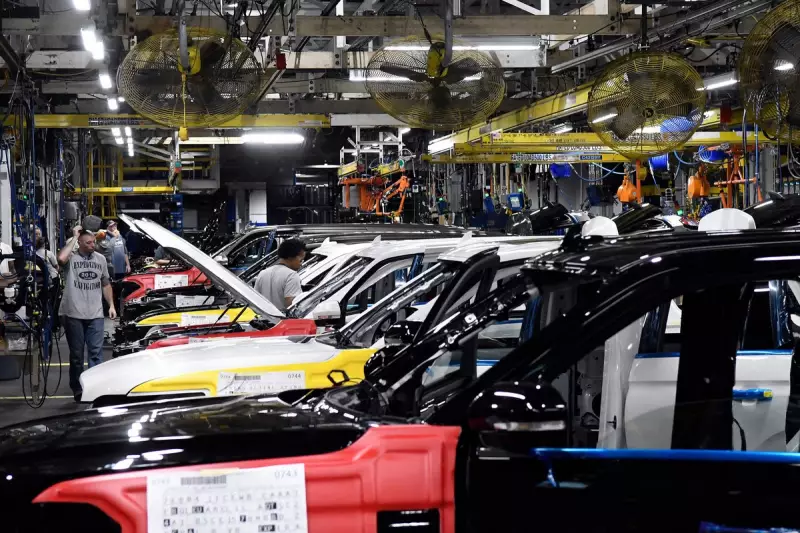
Top executives from America's largest automotive companies are set to face tough questioning from a Senate panel over concerns that government-mandated safety and environmental features are driving vehicle prices beyond the reach of ordinary consumers.
January Showdown Over Auto Affordability
The Senate Committee on Commerce, Science, and Transportation has summoned leaders from General Motors, Ford, Stellantis, and Tesla to appear at a hearing scheduled for January 14. The session, titled "Pedal to the Policy: The Views of the American Auto Industry on the Upcoming Surface Transportation Reauthorization," will examine how regulatory requirements contribute to soaring vehicle costs.
Committee Chairman Senator Ted Cruz emphasised the affordability crisis facing American car buyers. "Americans have been clear that they are hyper-focused on affordability – and so is this committee," he stated, noting that the average car price has more than doubled in the past decade, escalating from approximately $20,300 in 2000 to over $50,000 today.
Safety Versus Cost: The Regulatory Battle
Republicans on the committee plan to challenge requirements for specific safety technologies, including automatic emergency braking systems and child reminder alarms. Senator Cruz attributed the price increases to "onerous government-mandated technologies and radical environmental regulations," citing start-stop technology as one example of cost-inflating features.
The hearing follows the passage of the One Big Beautiful Bill Act, which repealed the electric vehicle mandate and CAFE standards, but lawmakers argue more action is needed to reduce costs for consumers.
Industry Response and Safety Advocates' Concerns
While Mary Barra of General Motors, Antonio Filosa of Stellantis, Jim Farley of Ford, and Lars Moravy of Tesla are scheduled to testify, spokespersons for General Motors and Ford told The Wall Street Journal that their companies are still deciding whether to send their top executives. Stellantis declined to comment on the upcoming proceedings.
Vehicle safety advocates have pushed back against claims that safety regulations are excessive, pointing to the approximately 40,000 annual road deaths in the United States. A spokesman for the Insurance Institute for Highway Safety told the WSJ that "regulation is the best way to make sure everybody's got this technology that's highly effective."
The hearing represents a significant clash between regulatory safety ambitions and consumer affordability concerns, with automakers caught in the middle of this high-stakes policy debate.





